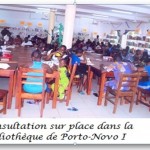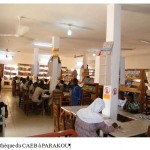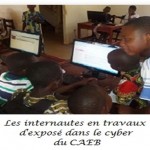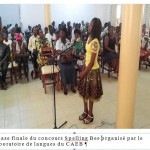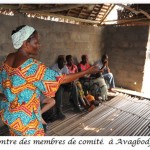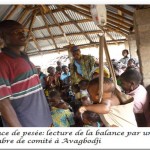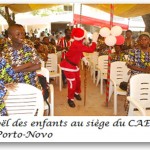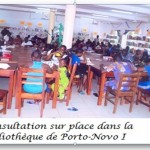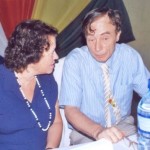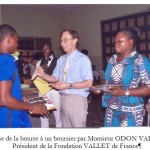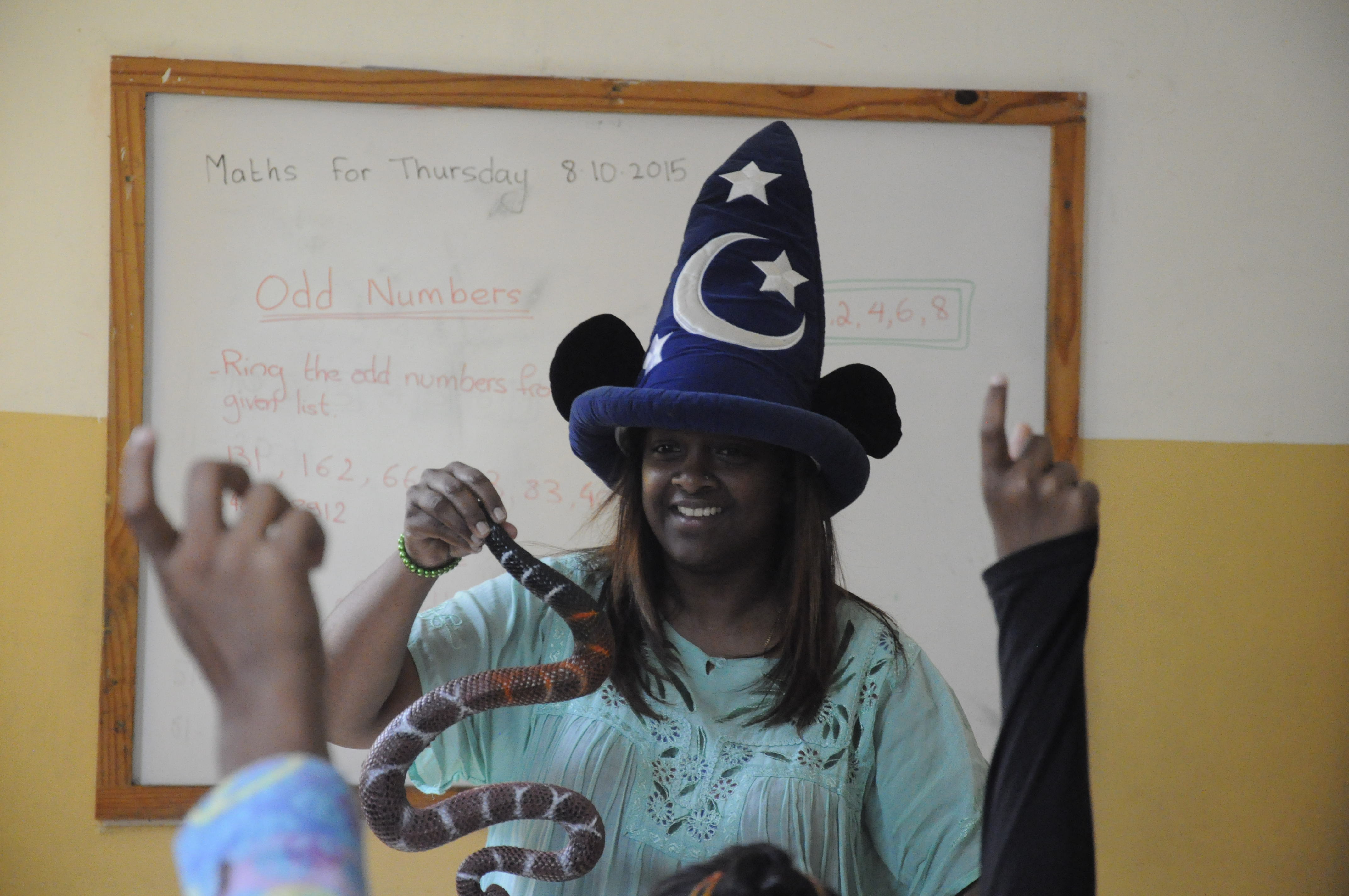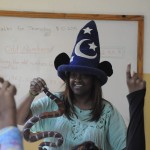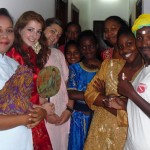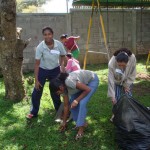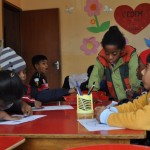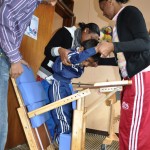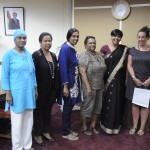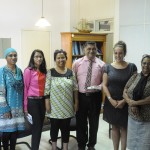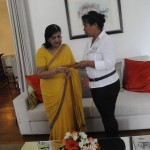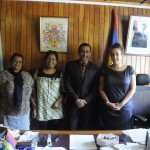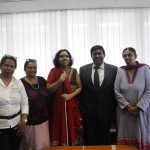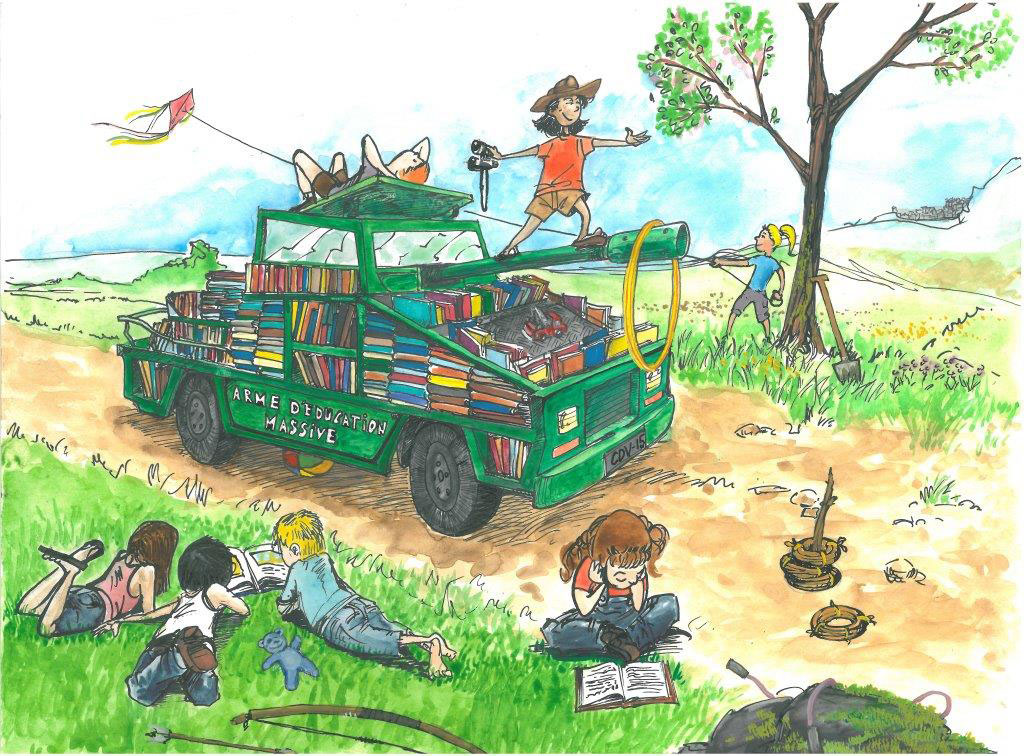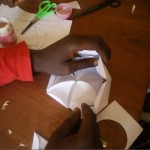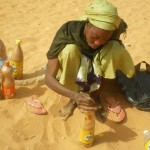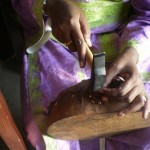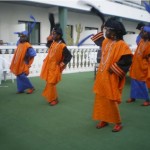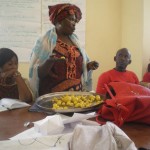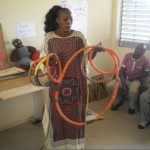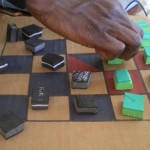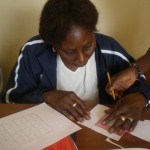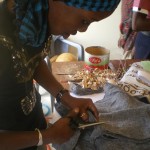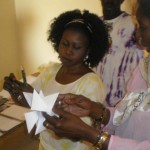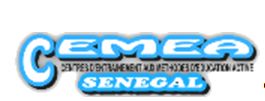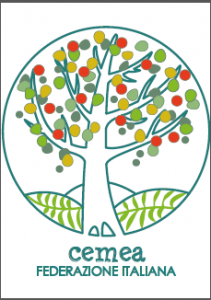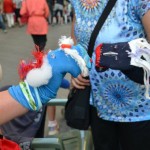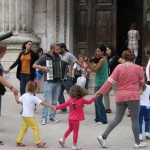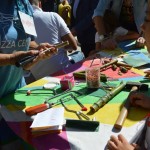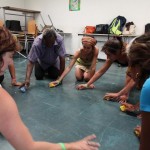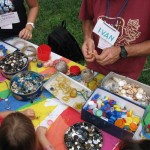Presentation
The European Intercultural Club (CLUBE) is a non-profit organisation set up in 1998 which works in the areas of youth, education and training. The Club organises activities which have “sense”, in other words activities which respect and promote those values and principles we consider to be “pillars” such as democracy, human rights, solidarity, equality, interculturality, respect and the valuing of difference.
Broadly, our objective is to develop the personal, professional, civic and inter-personal competencies of our members, associates and people in general. More specifically, our objective is to promote participation, capacity building and social inclusion of children, young people and adults in vulnerable situations. We do this through an assessment of their potential, using this potential as an agent for community and societal change, and its reinforcement through the development of essential competencies necessary for self actualisation, active citizenship and social cohesion.
In this context, we organise – an/or participate in partnership with other organisations – training programmes both nationally (short and mid-lenth) and at Euopean level, on facilitation, socio-educational youth work, education and social intervention, intercultural dialogue, social inclusion, participation, amongst other themes, as well as seminars, exchanges, educational cafés, workshops, intervention projects.
In Lisbon in 2014, in partnership with a French town hall, we organised the first bi-national holiday camp for adolescents living in France and Portugal. In 2015 we organised or co-organised several bi-national holiday stays, youth exchanges and professional exchanges.
We have an extensive network of partners, the majority NGOs, charities and schools but also foundations, municipalities and companies. At a European level, we have partners in several countries (France, Spain, Italy, Germany, Poland, Belgium, Sweden, amongst others).
We have also widened our network in the Maghreb (Tunisia and Algeria).
In the area of European mobility, we are an intermediary host organisation which, over the past year alone has hosted more than 200 young people and adults through the former Leonardo Da Vinci programme (now integrated into the Erasmus+ programme). We ensure their educational, linguistic and cultural preparation, placing them in Portuguese organisations related to their area of training, ensuring they are supported and mentored during their placement as well as evaluating their experiences of mobility.
We have an on-line radio which we use and promote as an educational and teaching tool in developing a range of competencies, especially linguistic and intercultural ones. You can listen to it here:
https://clubeinterculturaleuropeu.wordpress.com/category/a-radio-do-clube/
Since November 2014 we have been the management organisation of the Sementes a Crescer – E5G project (part of the Escolhas programme), which steps in to help socio-economically vulnerable children and young people. This project is based in Olaias, a neighbourhood in Beato, and for the past 12 years it has responded to the needs of the local population through the use of a community space, and to professional who offer varied and tailored support in the search for social, educational, economic, professional or training solutions.
The aim of the Sementes a Crescer – E5G project is the social inclusion of its target audience (children and young people from 6 to 24 years old) through activities which stimulate the development and retention of personal, social and educational skills, with the aim of combating instances of school dropout, absenteeism, educational failure, risky behaviour and juvenile delinquency.
The project also aims to encourage the psycho-social and emotional development of participants through education and training activities as well as play, sport, culture and civic-based activities and related to health, collective action, empowerment and social enterprise.
Inclusion through sport is an area which we are just beginning to get involved in through the promotion of French kick-boxing to different audiences.
Theatre for the oppressed and creative writing workshops are tools we regularly use and which contribute to personal transformation as well as social transformation.
In Lisbon we are on the Municipal Council for Interculturality and Citizenship and the Municipal Council for Youth.
Internationally, we are members of FICEMEA (International Federation of Ceméa), ALDA (European Association for Local Democracy) and the euro-meditterranean network MER (Mobility, Exchange, Reciprocity).
Contacts
Lisbonne (Portugal)
www.clubeinterculturaleuropeu.wordpress.com
clubeinterculturaleuropeu@gmail.com
Nous sommes sur facebook, instagram et twitter
+351 213140073




